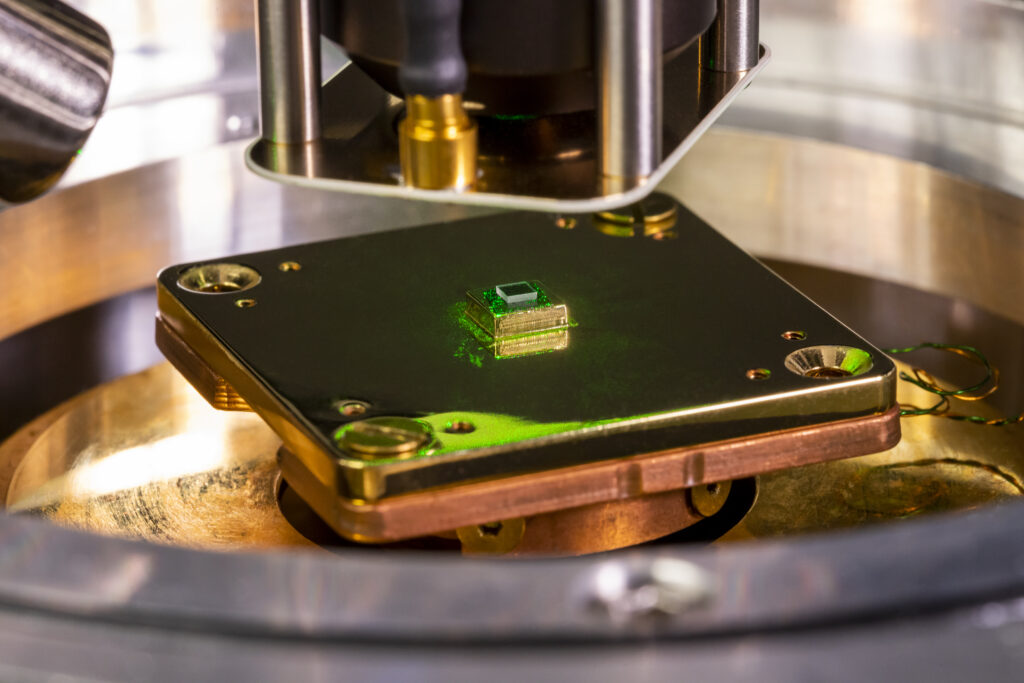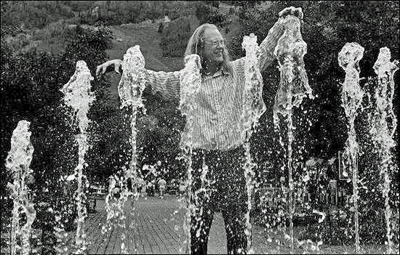

Public Lecture
How to Build a Better Qubit
Nathalie de Leon
Princeton University
Wed, Feb 28, 5:30–6:30pm
Quantum technologies have the potential to revolutionize computing, communication, and sensing, but in order to use quantum information, we must store it for long periods of time and protect it from noise. Essentially all quantum hardware suffers from noise and loss, often arising from imperfections in the constituent materials. Understanding (and ultimately eliminating) these sources of noise is tricky business—the quantum bit (qubit) is often the most sensitive object, but merely measuring the qubit yields little information about the culprit responsible for noise. Tackling these problems requires a multidisciplinary approach that blends quantum measurement with materials science. I will describe our recent efforts to achieve major improvements in two different qubit platforms: nitrogen vacancy centers in diamond and superconducting circuits.

About Nathalie de Leon
Nathalie de Leon is Associate Professor of Electrical and Computer Engineering at Princeton University. She received her BS at Stanford University in 2004 and her PhD from Harvard Univeristy in 2011.
She has received honors and awards including the APS Rolf Landauer and Charles H. Bennett Award in Quantum Computing, DOE Early Career Award, DARPA Young Faculty Award, NSF CAREER Award, and more.
Her research interests include building quantum hardware with color centers in wide bandgap materials, such as NV centers in diamond. Optics and photonics, surface science and materials engineering, atomic and molecular spectroscopy, nanofabrication, and cryogenics.
Nick and Maggie DeWolf Public Lecture Series
The Nick and Maggie DeWolf Foundation has sponsored our winter public lecture series since their inception in 1985. The Nick and Maggie DeWolf Foundation is a nonprofit organization based in Aspen, Colorado. Its core tenet is to provide support to groups and organizations interested in improving the quality of life and education in the world. During the winter, Aspen Center for Physics hosts week-long conferences, and during each conference one of the conference participants is asked to give a public physics talk. You can watch past talks on our YouTube channel here.
